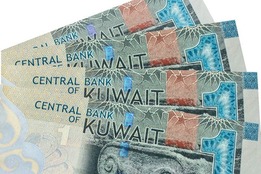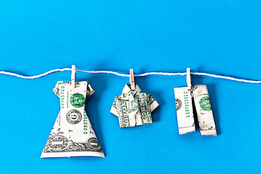plural moneys or monies
ˈmə-nēz 

often attributive
1
: something generally accepted as a medium of exchange, a measure of value, or a means of payment: such as
a
: officially coined or stamped metal currency
newly minted money
b
c
: paper money
handed the bank teller a wad of money
2
a
: wealth reckoned in terms of money
made her money in the insurance business
b
: an amount of money
raised the money for a new library
c
3
: a form or denomination of coin or paper money
wanted his money in $10 bills
4
a
: the first, second, and third place winners (as in a horse or dog race)
—usually used in the phrases in the money or out of the money
b
: prize money
his horse took third money
5
a
: persons or interests possessing or controlling great wealth
politicians at the beck and call of money
b
: a position of wealth
born into money

: involving or reliable in a crucial situation
a money player
a money pitch
Love words? Need even more definitions?
Merriam-Webster unabridged

















Share